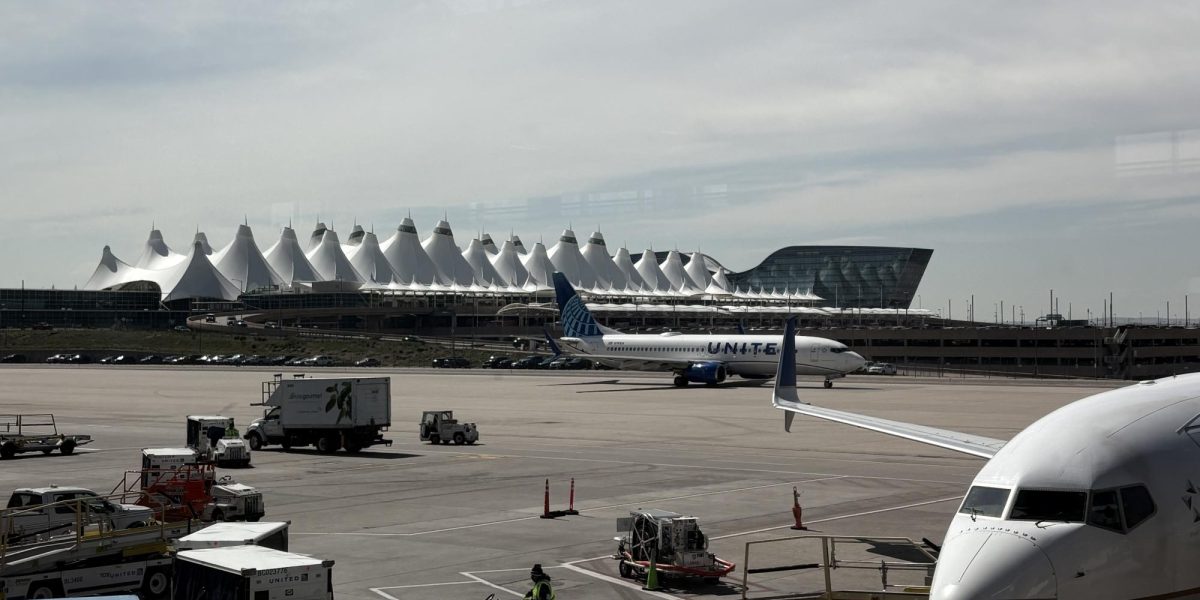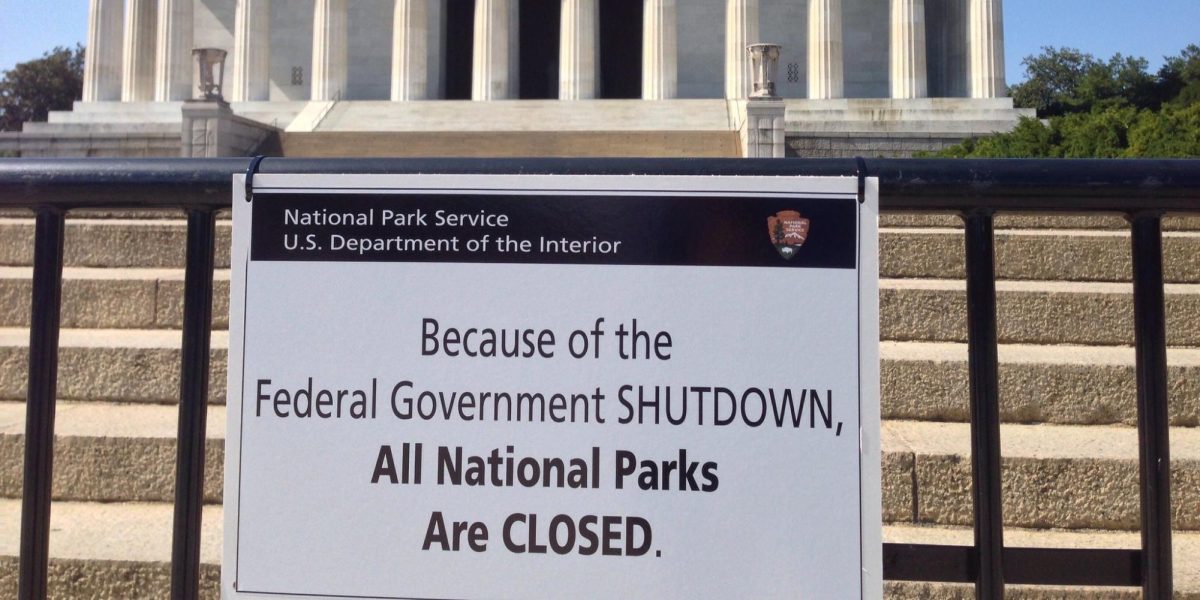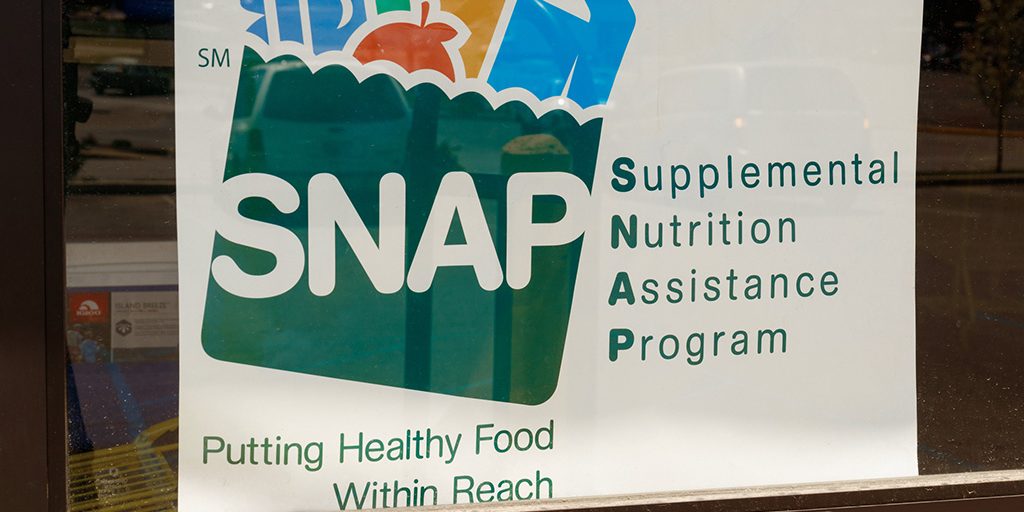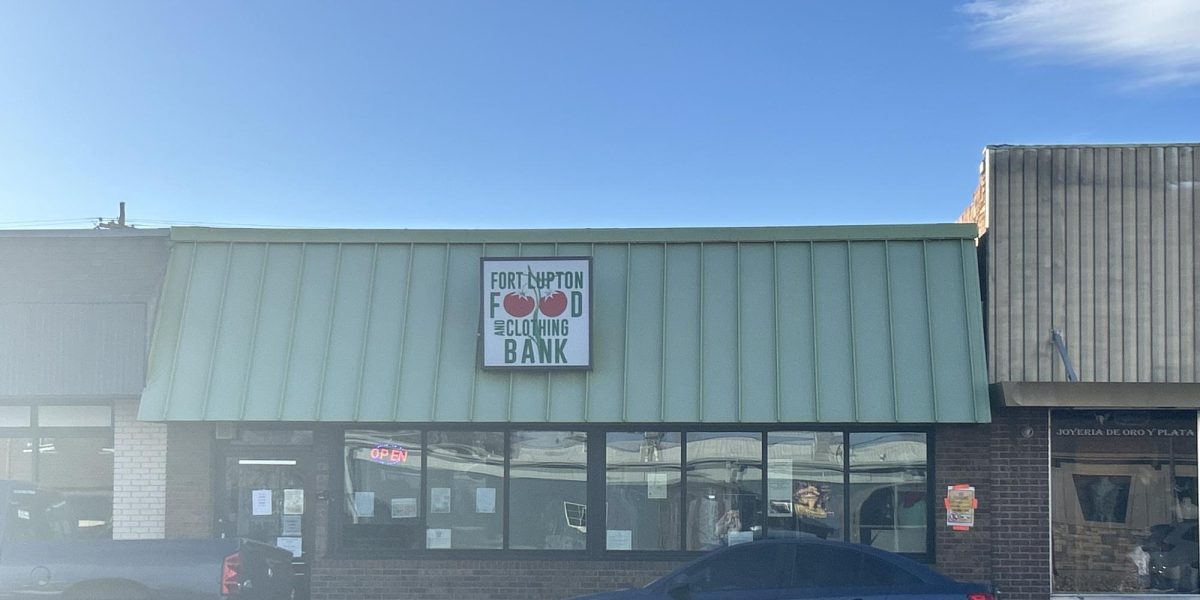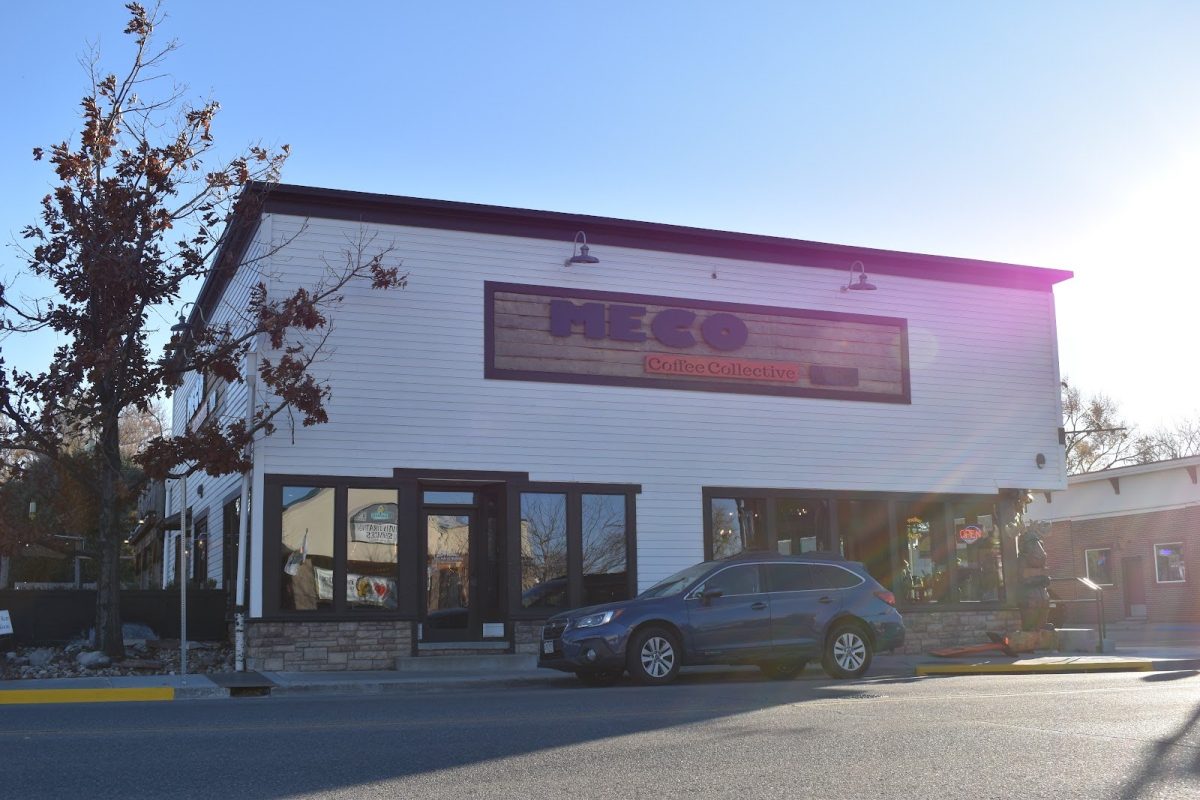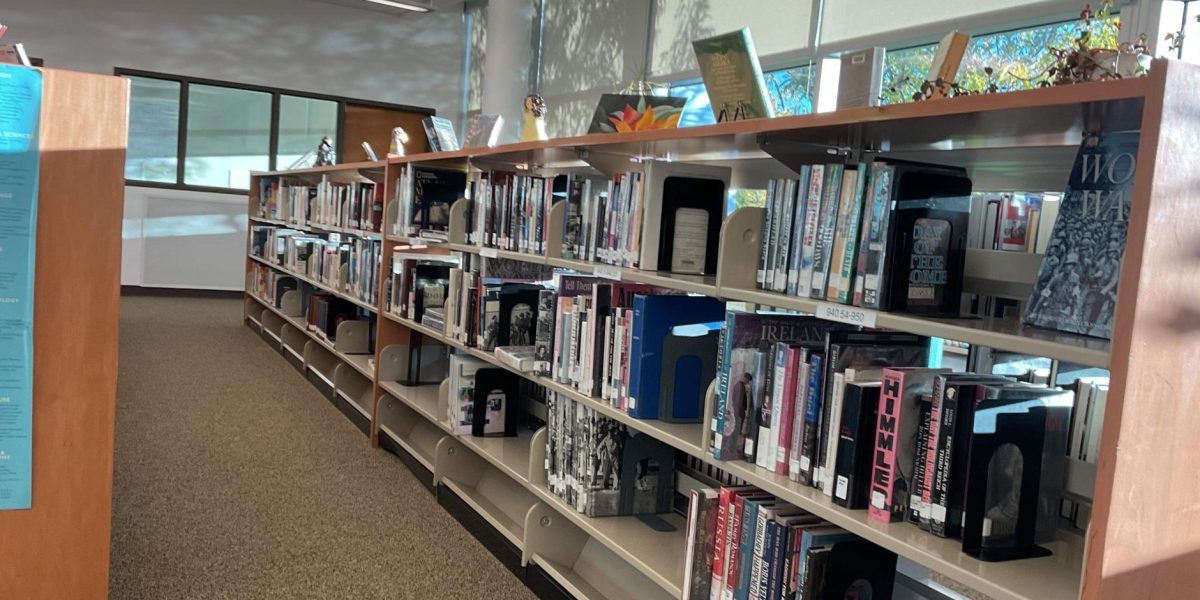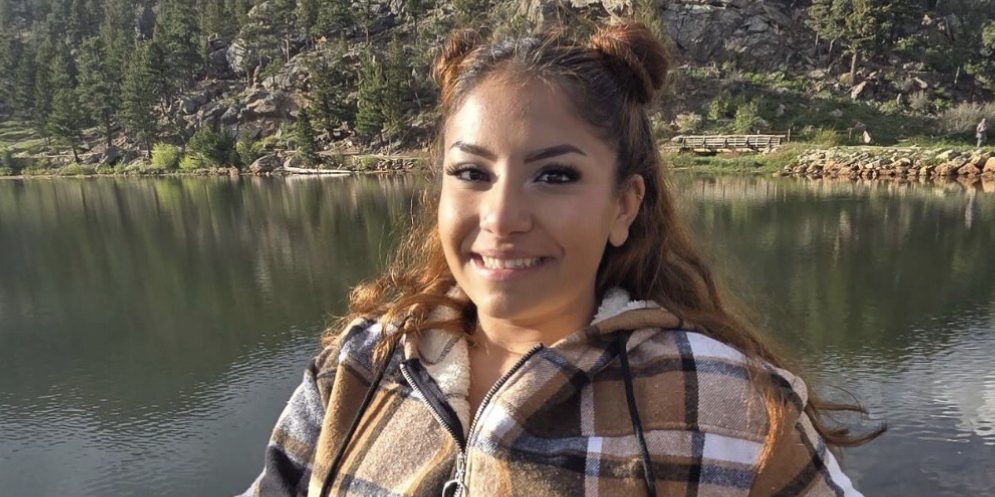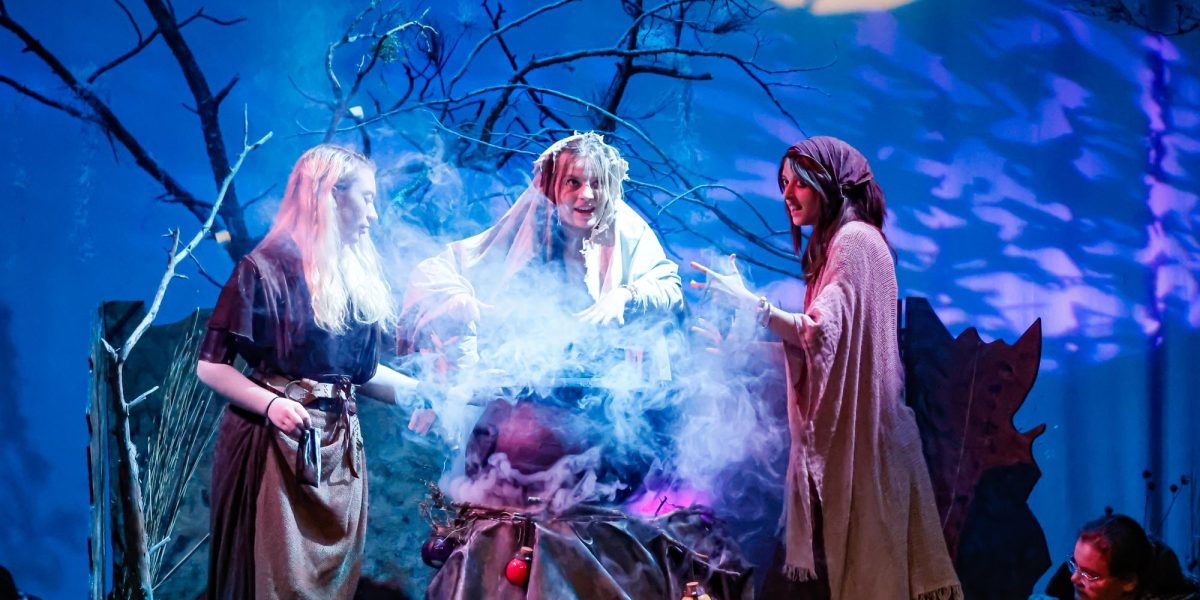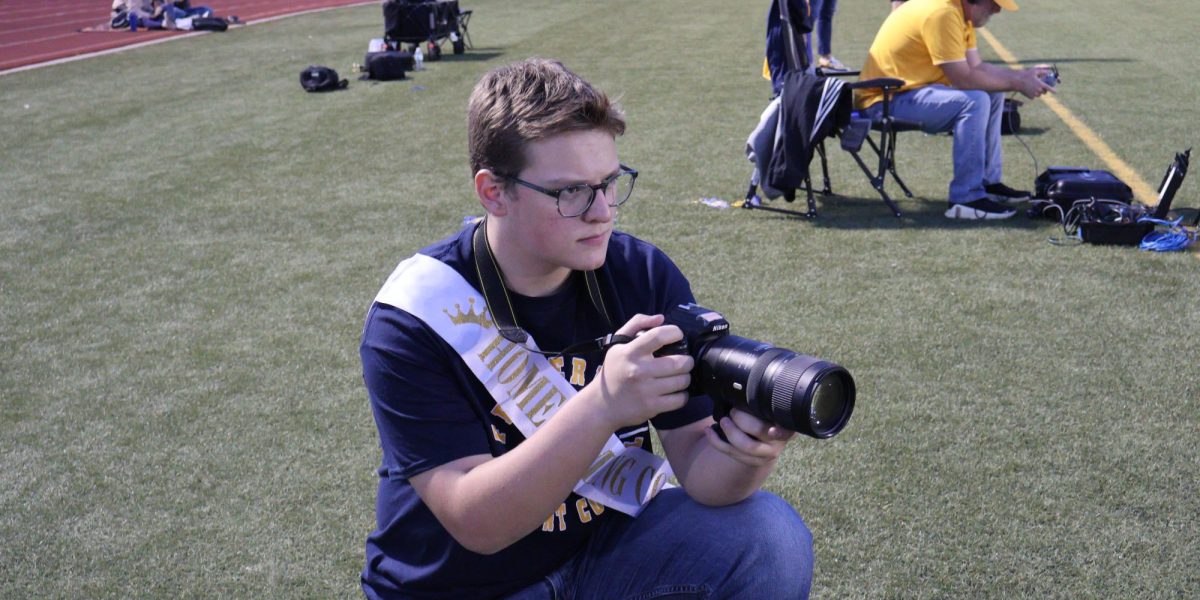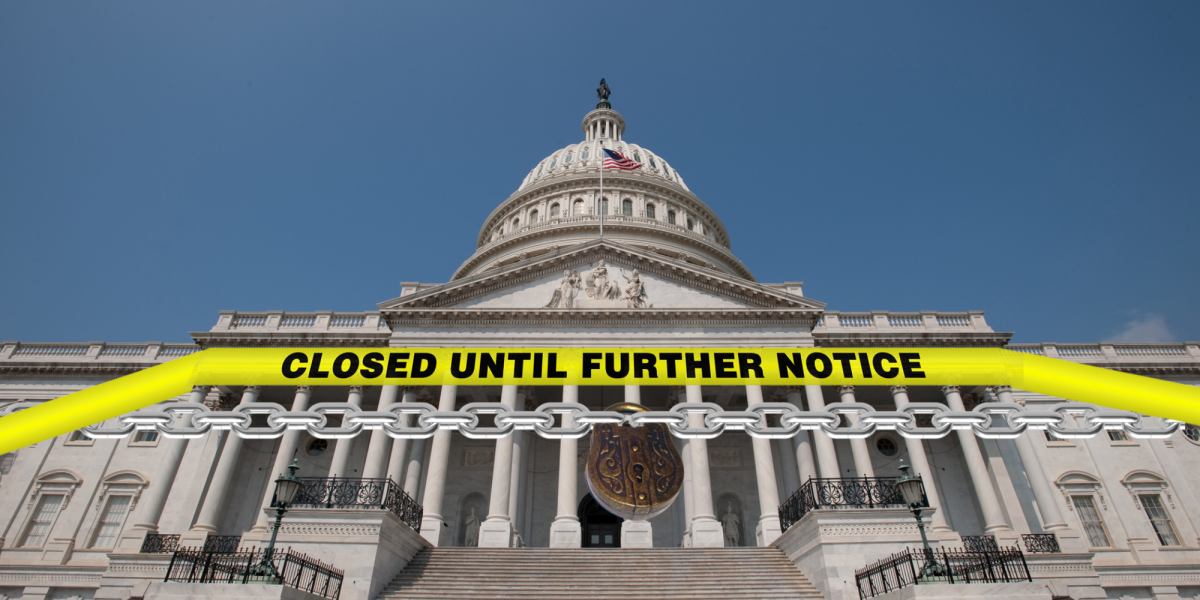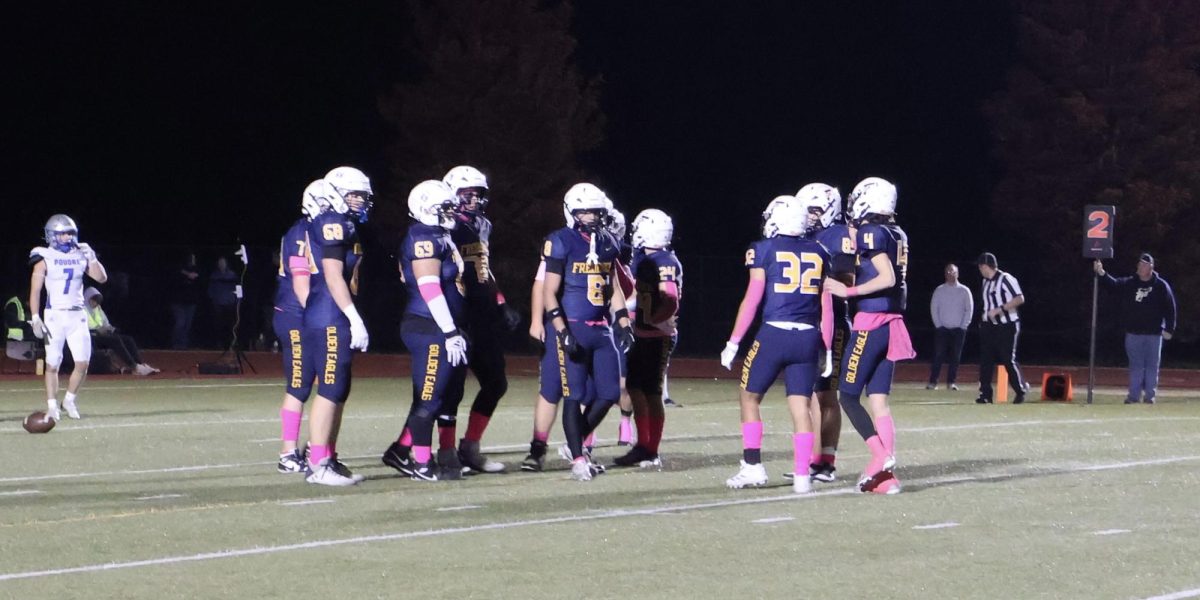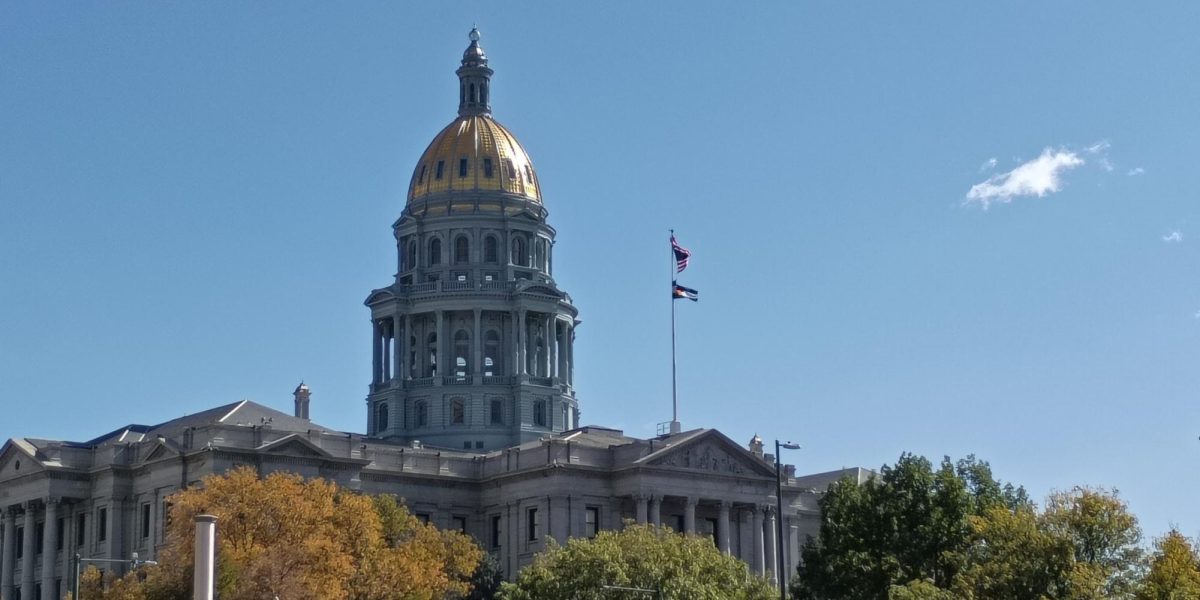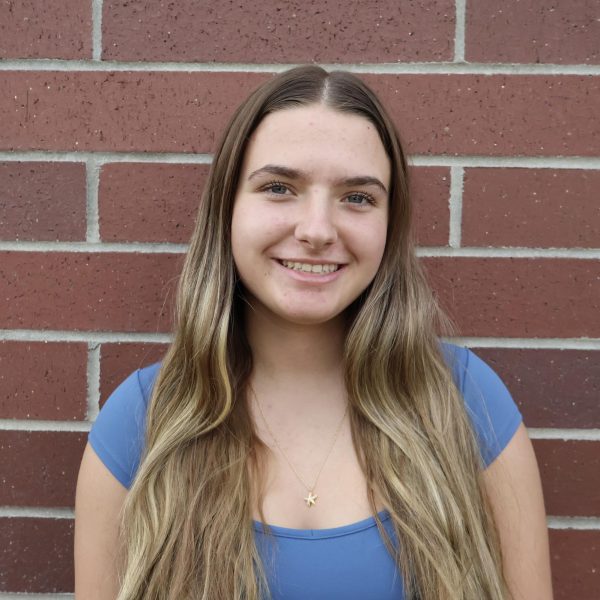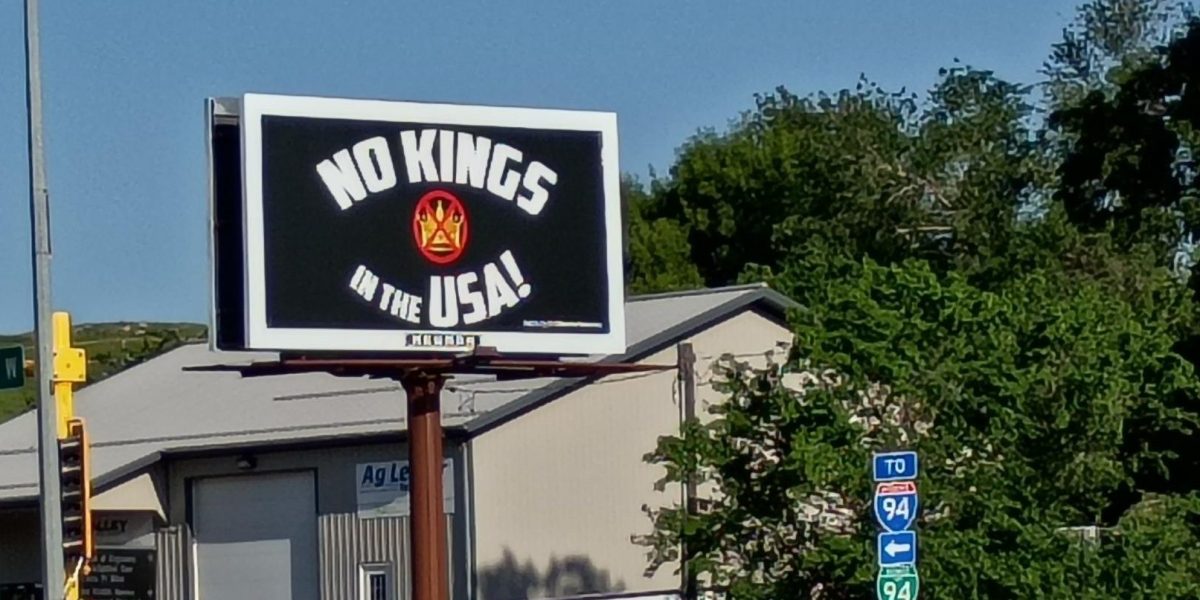On Tuesday, November 4, thousands of Coloradans will see their ballots cast for the 2025 regular election, and this will hopefully include several Frederick High seniors that have just turned 18 and want to exercise their civil right to vote. At least, they hopefully will—off-year elections (those that happen during odd-numbered years) tend to have low voter turnout. Around 70% of Colorado voters cast a ballot in 2024, but only 21% did so in 2023.
Lower turnout comes from lower interest: key offices like president, governor, and representatives for both Congress and Colorado’s General Assembly aren’t up for election this year. Still, this off-year election could have big effects locally, as several municipal leaders are up for election. More importantly for Frederick High, the SVVSD Board of Education is up for election, and two state ballot measures may determine the future of our free lunch program.
This article will only go in-depth into the candidates that would represent Frederick High School’s polling precinct, though we’ll also mention folks running in nearby Longmont, Erie, Mead, Dacono, Firestone, and Fort Lupton races where some FHS students may live.
By the way, we also have an article on how to register to vote if you are 18 and haven’t done so yet.
Propositions LL and MM: Gimme Some Lunch Money
The only two statewide ballot initiatives this year are a pair of tax-change propositions. Both Proposition LL and Proposition MM aim to fully and permanently fund Colorado’s free school lunch program.
Colorado’s Healthy School Meals for All (HSMA) allows schools to participate in the National School Lunch and Breakfast programs, which allow them to offer breakfast and lunch to students for free. This program is supported by a broad and diverse community of organizations throughout the state.
The program is an investment in the health and public education of children, and it can be proved to help students’ test scores by ensuring them access to healthy, nutritious meals during school.
The program is currently funded by limiting the amount of money that taxpayers with incomes of over $300,000 can deduct from their taxes. When passed in 2022, this limit was supposed to result in around $95 million a year in tax revenue to fund the school lunch program, an amount that would slightly increase every year with overall inflation. However, this tax law actually generated around $111 million. According to Colorado’s Taxpayer’s Bill of Rights (TABOR), any extra money collected must be given back to those taxpayers, so the state can’t keep the extra $11 million.
Even with the extra $11 million, the state wouldn’t be able to cover the full cost of the program—food prices have increased higher than average inflation, and hundreds more students than originally estimated are being fed. The result is that the program will come up around $24 million short this year and is estimated to come up around $50 million short next year. TABOR requires Colorado to have a perfectly balanced budget, and with the state losing federal funding for several programs, there is no extra money the state has to keep funding the current school lunch program.
Proposition LL asks voters to allow the state to keep any extra money generated by the 2022 deduction limits. That would mean the state would keep that extra $11 million and not have to refund it to the households making over $300,000. Proposition LL would not raise any taxes, and all additional revenue could only go to the Healthy School Meals for All program.
Proposition MM, however, would increase taxes—if passed, Prop MM would expand the 2022 exemption limits to generate more revenue. Specifically, taxpayers with incomes over $300,000 would pay about $486 more a year, and this would bring the total funding for the program to $195 million, plus the annual increase for inflation. This tax increase would affect around 6% of Colorado taxpayers—the 94% making under $300,000 a year would see no changes.
If the school lunch program is likely to cost $150 million next year, why raise the funding to $195 million? Currently, the Healthy School Meals for All program has only focused on buying food for kids, but the program is also supposed to help school districts buy food from local farmers and give raises to cafeteria staff. The extra money in the program would allow these efforts to finally happen. Prop MM would also allow leftover money to help fund the Supplemental Nutrition Assistance Program (SNAP, AKA food stamps)—the “big beautiful” federal budget passed in July requires Colorado to now pay for 10% of SNAP, which Governor Jared Polis has said could exceed $200 million.
If neither Prop LL nor Prop MM passes, the Healthy School Meals for All program would see cuts—it’s possible that breakfast would be cut and only lunch funded, or it’s possible that only schools with a certain percentage of students unable to pay would have the program. If Prop LL passes but Prop MM doesn’t, there would still be cuts, but they wouldn’t be as severe. If Prop LL doesn’t pass but Prop MM does, the program would be funded for the next few years but may encounter trouble in a few years if food prices continue to outpace inflation.
UPDATE, OCTOBER 29: According to reporting by Chalkbeat Colorado, free meal funding would be cut from all schools not participating in the federal Community Eligibility Provision (CEP) program if Propositions LL and MM do not pass. Students at those defunded schools that need free meals would have to apply on a family-by-family basis. Frederick High, as well as Coal Ridge Middle School and Thunder Valley K-8, participates in the CEP program, so free meals for all would still happen at least through 2026 if Prop LL and Prop MM fail. However, free lunch programs at Erie Middle and High, Niwot High, Silver Creek High, and Firestone Charter Academy would disappear unless the schools or district found another source of funding.

SVVSD Board of Education Elections
Four of SVVSD’s seven Board of Education seats are up for election this year. The Board of Education is the ultimate boss of the school district—while Superintendent Jackie Kapushin and her staff handle the day-to-day operations of the district, the Board of Education approves budgets, sets district policies, and determines the direction of the district as a whole (like the new cell phone policy—that was these folks).
Each board member serves a four-year term and oversees a different area of the district—Frederick High and its feeders, for example, are all in District G. While the majority of the Board is up for election, District G’s member Geno Lechuga is not.
The Board seats that are up for election in 2025 are:
• District B, representing Niwot, is an open seat, as current Board President Karen Ragland is not running for re-election. This race is between Peggy A. Kelly, a septuagenarian former nurse and teacher who is endorsed by Moms for Liberty, and Hadley Solomon, a 55-year-old business consultant who has served on a variety of SVVSD education committees for a decade.
• District D, representing Erie, will see current board member Meosha Babbs defend her seat against challenger John Ahrens. Babbs is a project engineer for BAE Systems and is a big proponent of STEM programs. Ahrens is a former Board member with a background in EMT rescue and sports broadcasting.
• For District E (South Longmont), incumbent and current Board Treasurer Joceyln Gilligan is running unopposed for another four-year term.
•Likewise, current BOE secretary Sarah Hurianek is running unopposed for another term representing District F (Mead).

Municipal Elections
The Town of Frederick has no municipal elections this year. Neither does Erie nor Mead.
- Town of Firestone Trustee Special Election: John Damsma, Samantha Meiring, Michael Malek
- City of Dacono City Council (vote for two): Keith A. Foster, Drew Martinez, Kevin Plain
- Fort Lupton: Chris Ceretto unopposed for mayor; Sebastian Carrasco and Valerie Blackstone for Ward 1 Council; Julianna Williams and Claud Hanes for Ward 2; Justin Turigilatto, Beth McWilliams, and Michael Sanchez for Ward 3
- Longmont: Mayor, Susie Hildago-Fahring, Sarah Levison, Diane Crist, Shakeel Dalal; City Council at Large (2), Crystal Prieto Alex Kalkhofer, John Lembke, Jake Marsing, Riegan Sage, Steven Altschler; and to retain Municipal Court Judge Robert J. Frick
One of the teachers at Frederick, Jake Marsing, has joined the city council of Longmont to make a change for his community. “I love my hometown, and I was deeply concerned about some of the direction the community had taken and that it was going to push working-class people out of Longmont. The work that the council is going to do in the next two years is important, and it felt important for me to step up for the community that my family has been in for four generations,” Marsing said.


